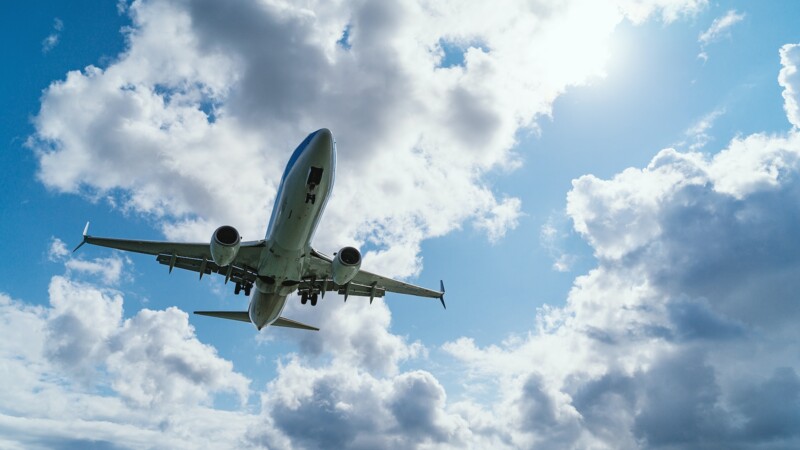Stutzinger is looking forward to a promising year. "2024 is an even year, which means that the trade fair calendar includes the biennial Windenergy Hamburg, and the SMM shipbuilding trade fair. The Hydrogen Technology Expo will also be coming to Hamburg. These are world-leading trade fairs that attract a large international audience." Fischer, 55, added: "HMC is a platform for networking and innovation and is an economic catalyst for Hamburg. These trade fairs are advancing the energy transition, which affects nearly all of Hamburg's economic clusters." However, the success of the energy transition depends on whether people really support the envisaged goals. And trade fairs are a particularly good way of making important topics tangible.
Uwe Fischer and Heiko M. Stutzinger, joint Managing Directors of Hamburg Messe und Congress GmbH (HMC) are aiming for sales of EUR 133.7 million this year after record turnover of EUR 53 million in 2023 - the highest in HMC's history. "That's the plan. And it's realistic. Around 98 per cent of our events are firmly booked," said Fischer, who has been Managing Director of HMC since 2018, and was previously Finance Director of Unilever Food Solutions for the Benelux and France group. Stutzinger, 49, who came on board in 2024 as joint CEO, will likely benefit from his experience. The duo succeed Bernd Aufderheide, who retired in 2023 after 20 years at the helm. "Fortunately, we blend in with one another and appreciate and complement each other," said Stutzinger, who was previously Chief Operating Officer (COO) at trade fair organizer Royal Jaarbeurs in Utrecht, the Netherlands, and also repositioned Messe Düsseldorf's portfolio in Shanghai.
Three leading world trade fairs
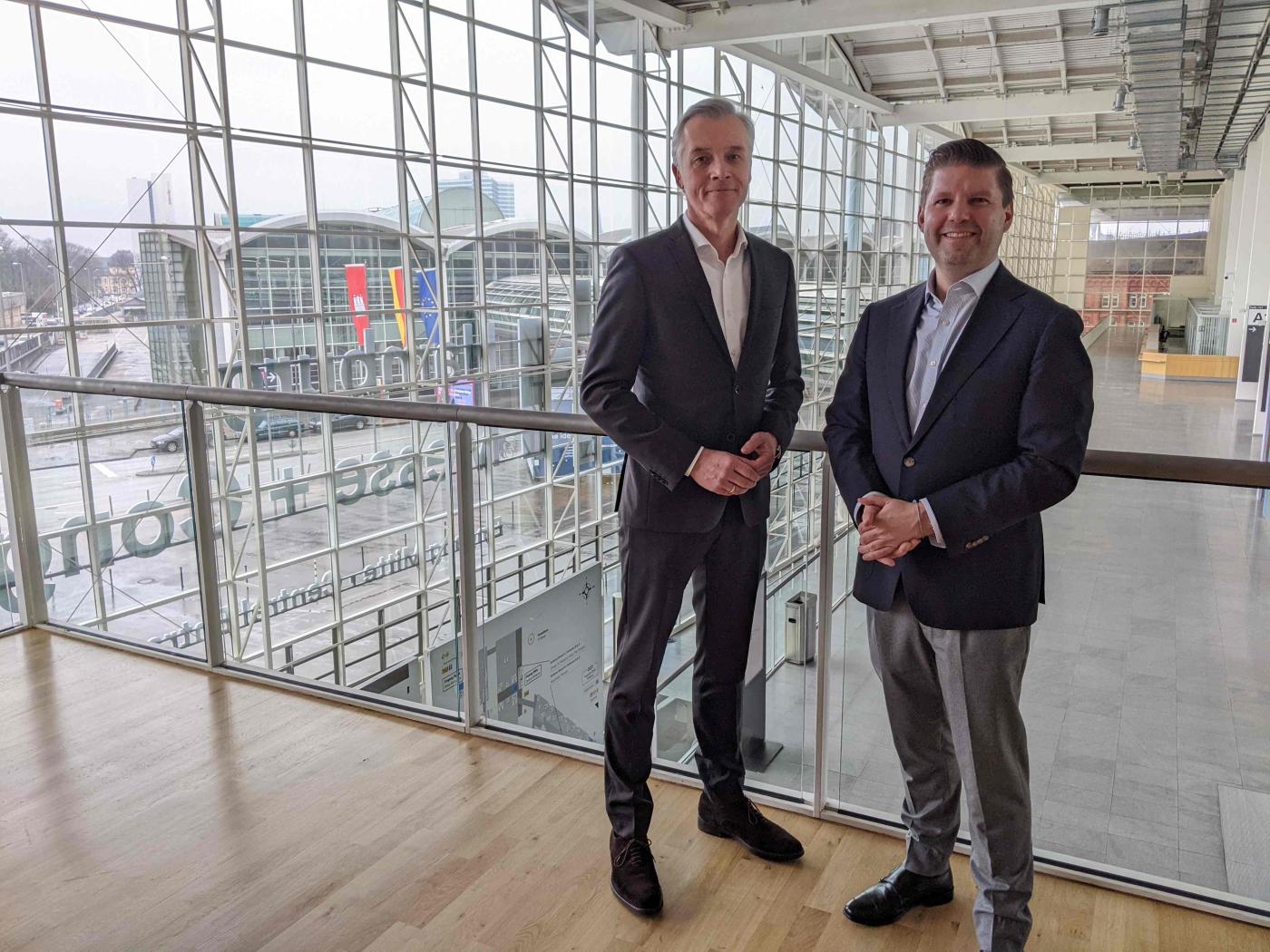
"People want to meet other people"
Now that 2024 has dawned, the waning coronavirus points to a successful year. "Customers are back and increasing their budgets for top trade fairs," said Stutzinger. Both CEOs are convinced that purely digital formats have not prevailed. "People want to meet people," said Fischer. That is an emotional need. Yet, B2B business is about trust. "And building trust digitally is difficult." Digitalization offers all kinds of opportunities to bolster infrastructure, set up management systems, improve internal procedures and digital support for various trade fairs. A promising pilot for an event app presents all the key information on exhibitors, the supporting programme and visitor services. Both managing directors wish to further develop the app. "We are also monitoring technological developments such as the VR glasses by Apple or Meta. If this approach catches on, we will see how we can integrate it," said Stutzinger.
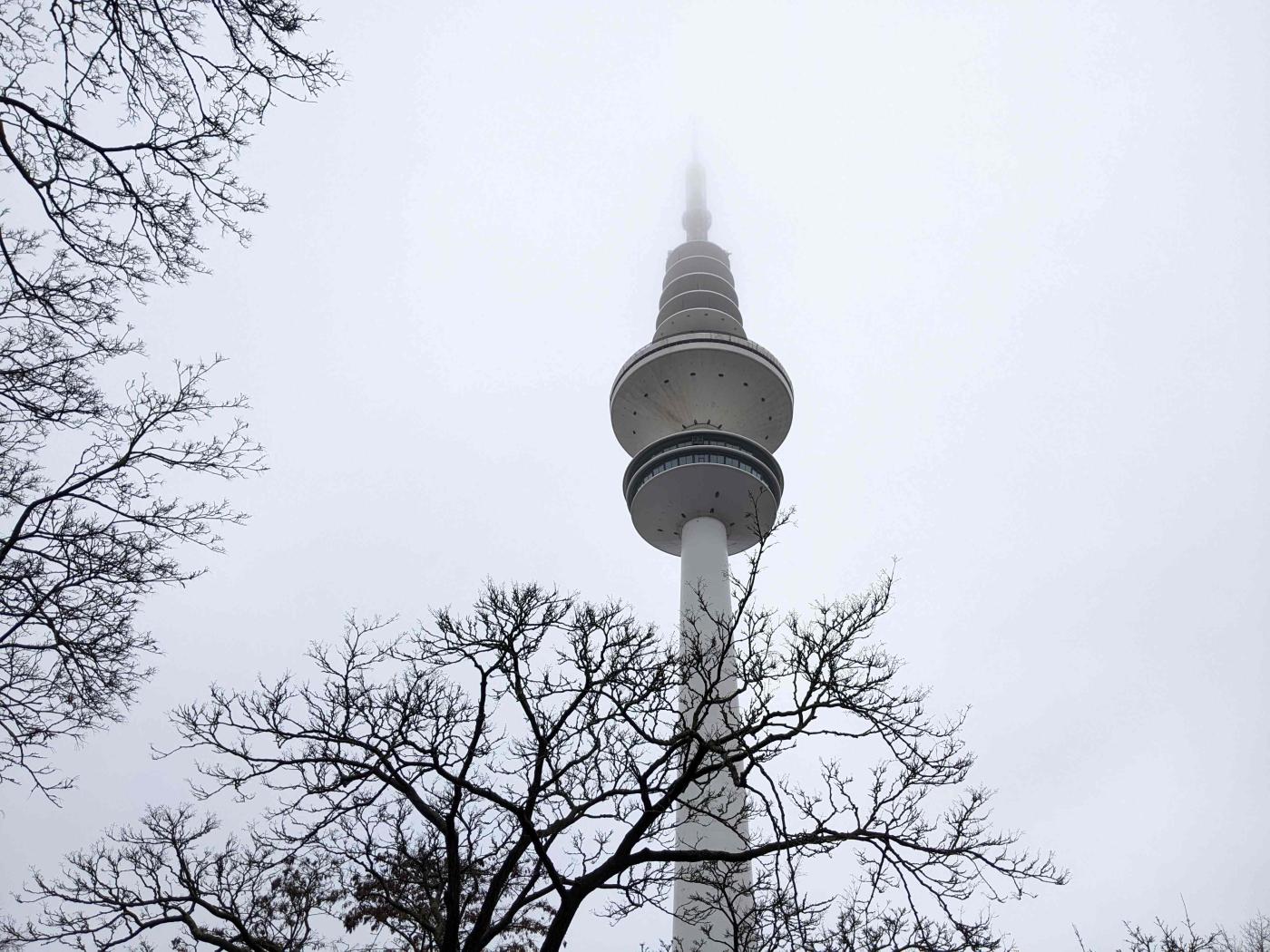
Trade fairs with export potential
Forward-looking technologies such as virtual reality and artificial intelligence (AI) are becoming increasingly important at trade fairs. Photopia Hamburg held a hugely popular competition for AI-generated images in 2023. Novel solutions and applications are presented in an AI centre at Internorga with HMC and AI.Hamburg. The Polaris Convention, which was developed in the gaming and cosplay scene, has impressed those behind established trade fairs. "We are seeing rocket growth. The second Polaris fair was held in 2023 and visitor numbers have tripled," a delighted Stutzinger said. HMC is also taking a keen interest in the export potential of the convention. "We are focusing on regional and national markets, but of course we always look at topics that we can establish abroad. And Polaris could go down very well in Asia."
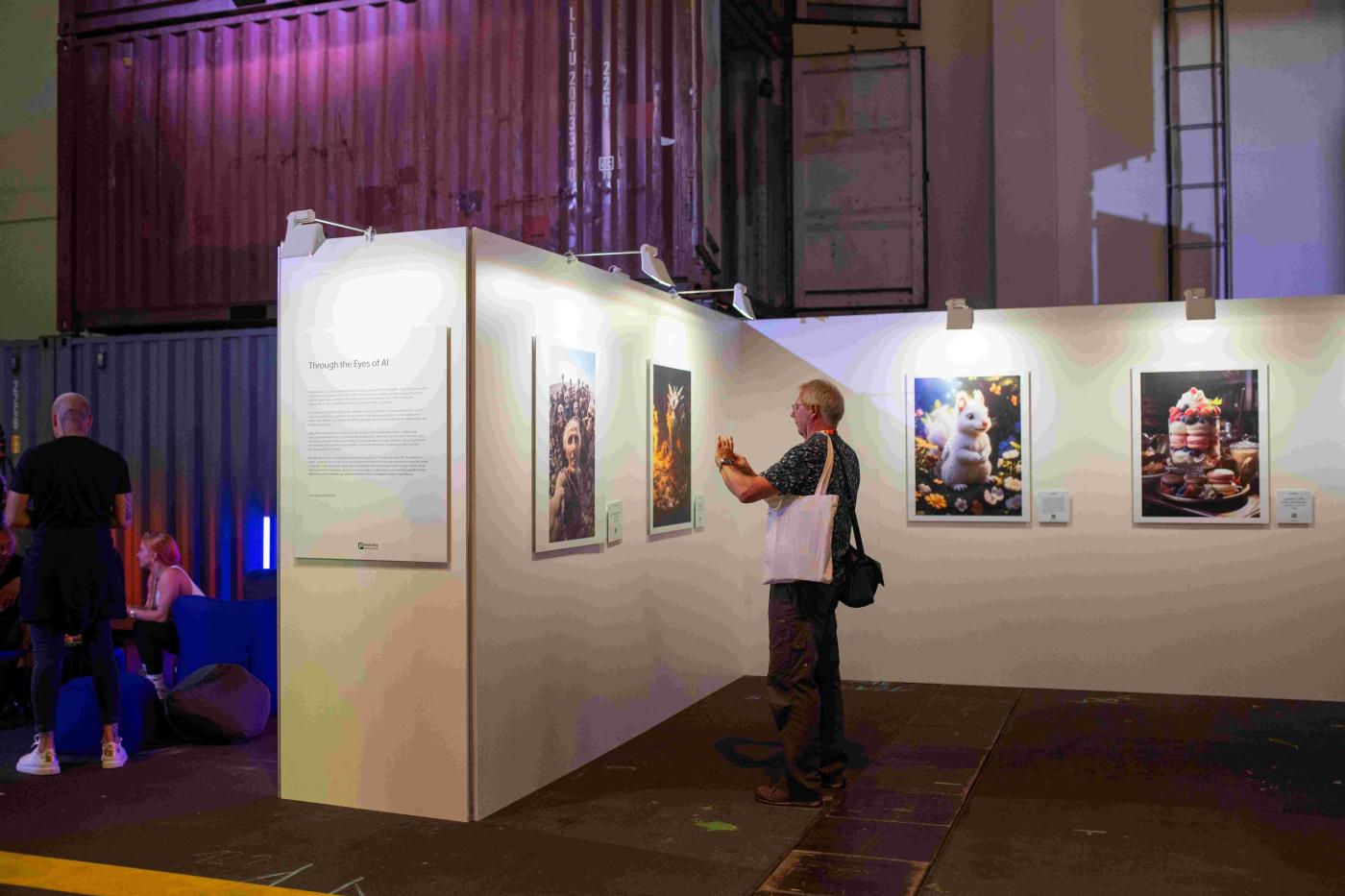
Hamburg's competitive edge
HMC's trade fairs, congresses and musicals represent a key economic factor for Hamburg. All those events lead to 658,000 overnight stays per annum. They generate a turnover of EUR 411 million and secure a good 4,100 jobs and revenue of EUR 18.2 million, according to the 2018 trade fair annual report, citing a survey by the ifo Institute in Munich. A new survey of the "diversions yield" is being considered. However, there are indications that this year's result will be similarly good and perhaps even better, both CEOs said. Fischer added: "The city itself is a real competitive edge. Hamburg is the largest industrial city in Germany and has strong economic clusters as well as a diverse and successful scientific landscape with more than 20 universities."
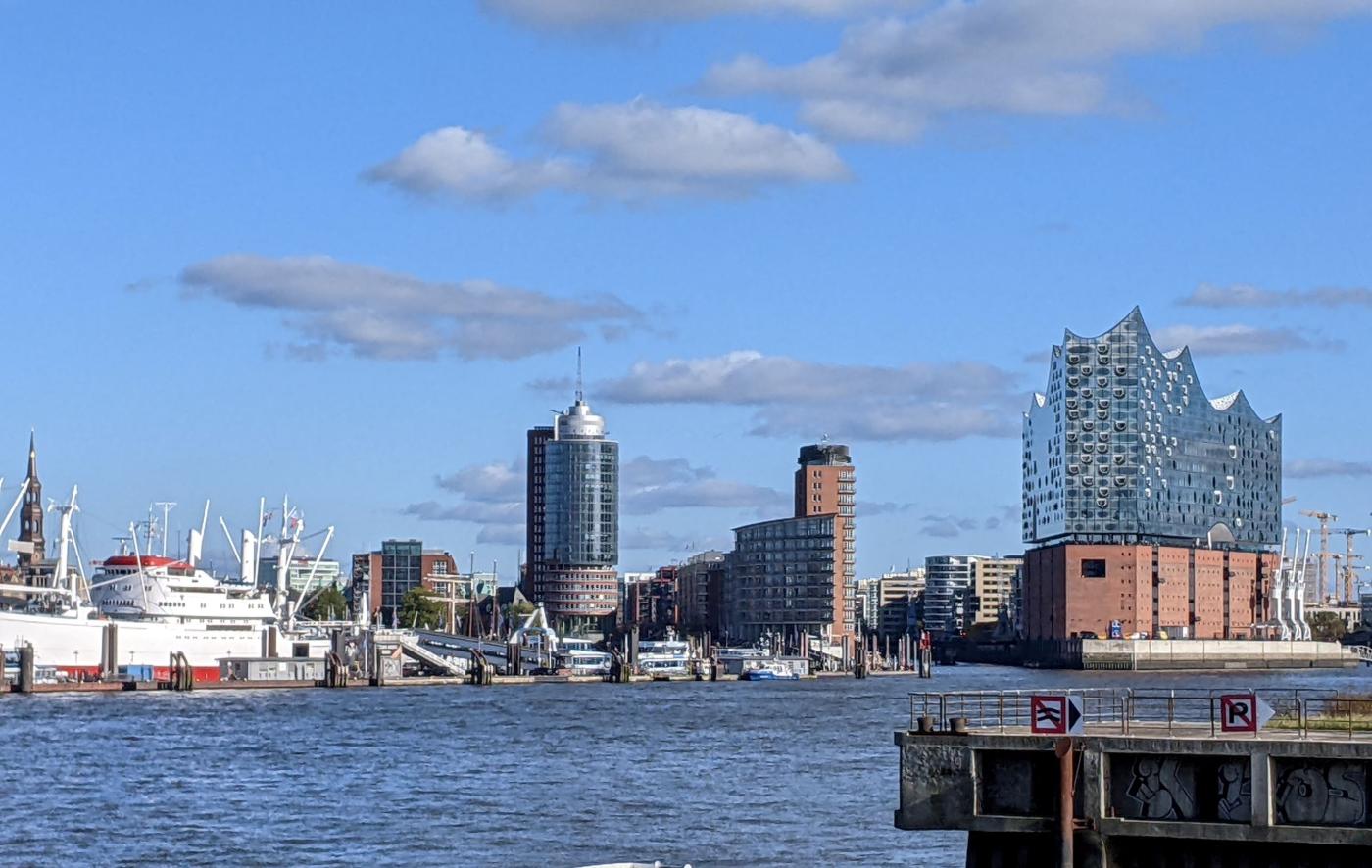
Trade fair centre and campus
HMC's location in central Hamburg is highly advantageous. "This campus site with the nearby 'Planten un Blomen' botanical gardens and the brand new CCH is unrivalled in Europe." The CCH, which reopened in 2022, is characterised by its outstanding functionality, design and sustainability and won the German Sustainable Building Council's gold certificate for its refurbishment.
Mastering logistical challenges
The great central location, the Elbphilharmonie concert hall, the port, the Elbe and the Alster are a plus point, but also a logistical challenge. "Apart from all the advantages, the location also has a few small weaknesses. Despite the central location and good bus, rail and MOI connections, our large trade fairs with thousands of visitors often cause traffic jams," said Fischer. The time slots for setting up and dismantling the stands at the various trade fairs have to be perfectly timed. "We are trying to find solutions e.g., by digitally controlling the lorries."
Aviation has also come in for criticism. "The lack of direct flights is often bemoaned, especially in connection with international congresses," said Stutzinger. Hopes are now high that Airbus' new A321XLR could lead to direct flights to the United States and Asia. All eyes are now on Hamburg Airport, which also gearing up for joint managers after Christian Kunsch became CEO on January 1, 2024 and will be joined by Berit Schmitz on April 1. The duo's double strength is likely to pave the way for even more direct flights, the HMC managers believe.
ys/pb

Sources and further information
More
Similar articles
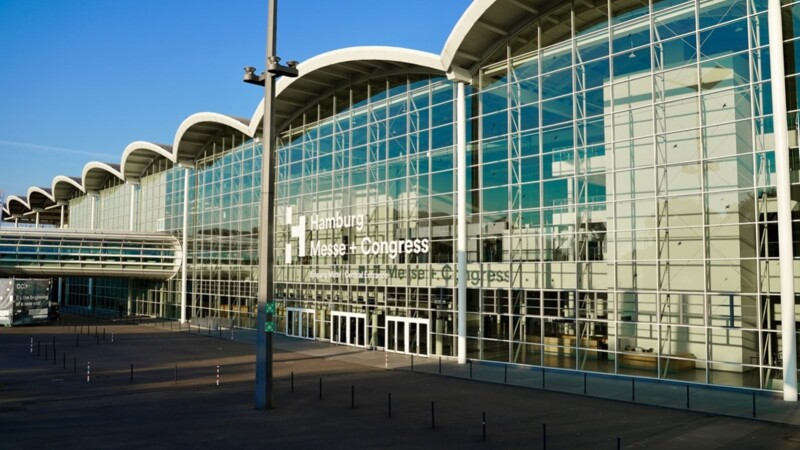
"Hydrogen Technology Expo Europe" moving to Hamburg in 2024
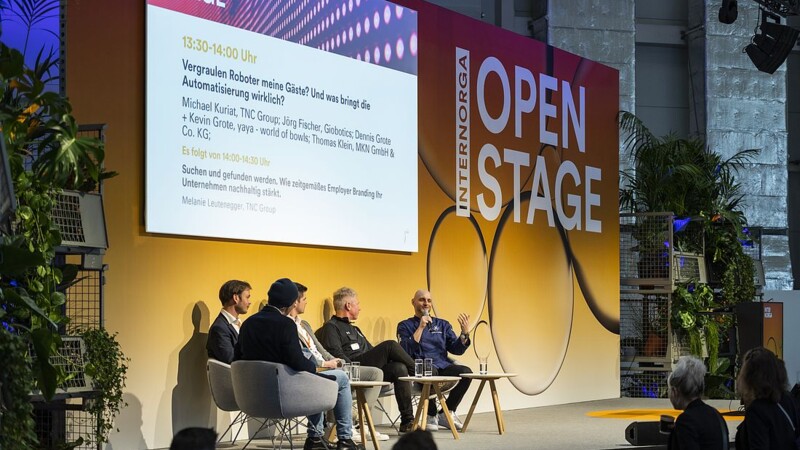
Internorga 2024 to focus on AI and sustainability
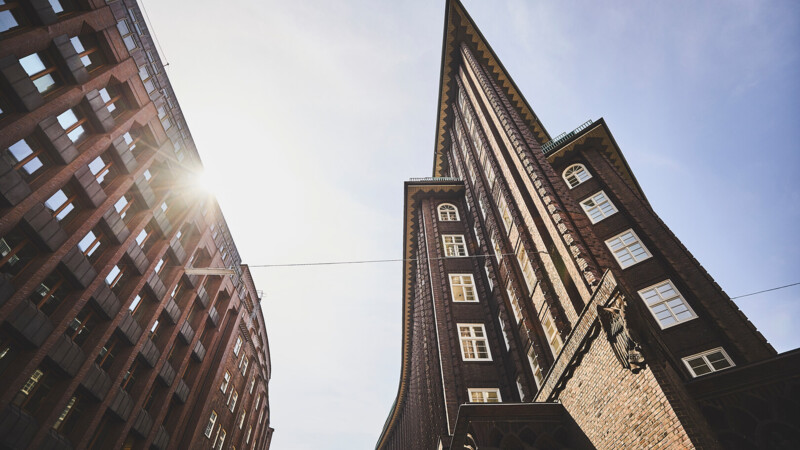
Hamburg more international than ever
